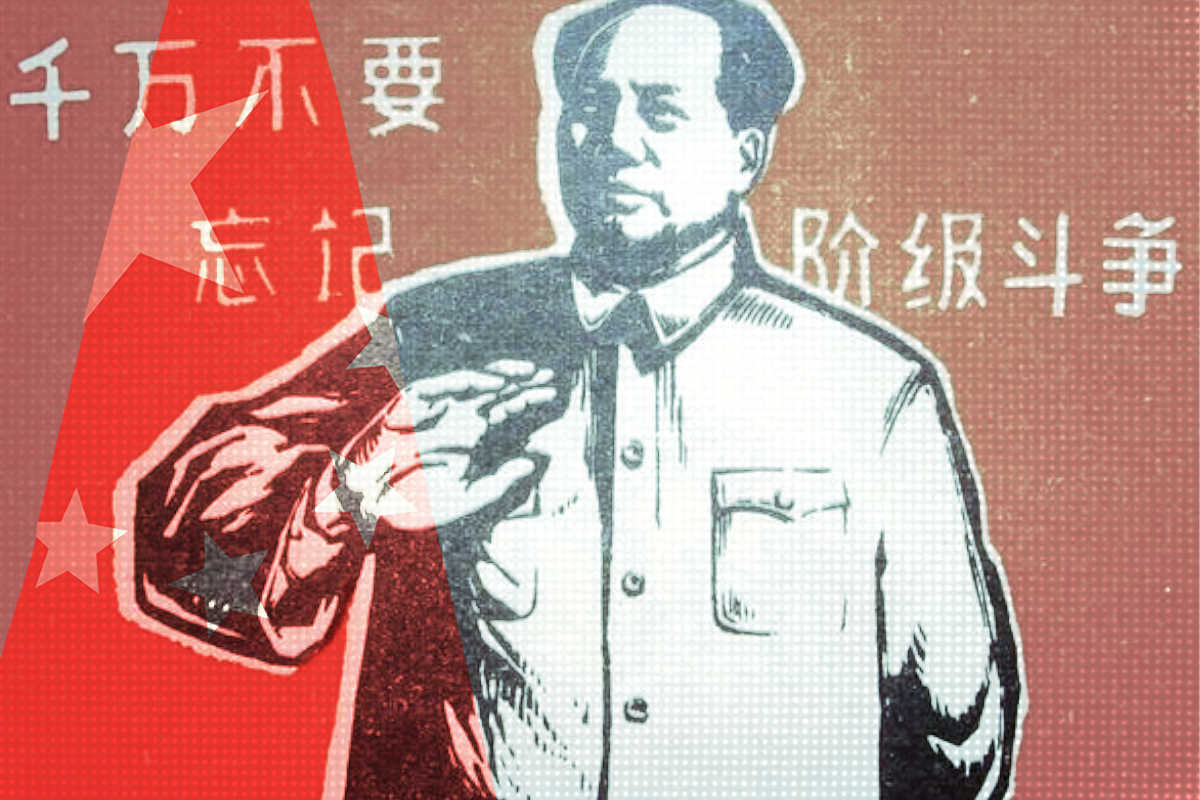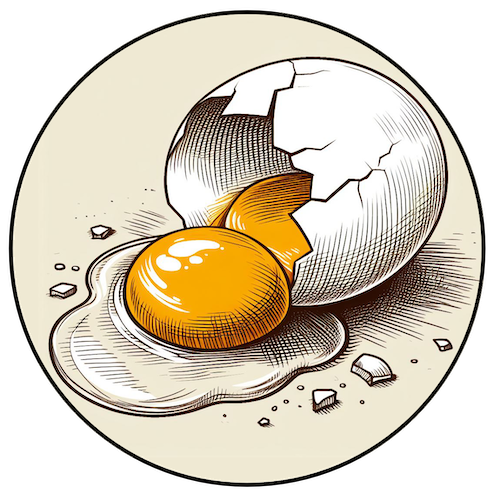OpenAI Kult, Googlebatch als zweiter Pass, Klassenbegriff in China

OpenAI - Unternehmen oder Kult?
But people tend to forget that OpenAI isn’t just another business. It’s a cult. These people do actually believe that they will find god or the singularity if they just squeeze out enough reddit posts.

Working at Google is like having a second passport.
Go to any major city in the world and your badge (Google’s most visible class system is seen through their badges. White badges are for full time employees. Green badges are for interns. And red badges are for Temps, Vendors, and Contractors - TVCs - who do work ranging from the mundane to the critical, sit alongside the white badges, number over 100,000, but have limited benefits and access (a source of many issues) and often cannot publicly state that they worked at Googl) unlocks a beautiful office with great food, desks, and a high speed link to every person in Google’s 200,000+ person network. And like visiting America as a foreigner, everything you see inside feels oddly familiar because of its massive exported influence, yet is just slightly different.

Class Antagonism (階層對立)
Another vague category of online conduct the CAC notice cautions against is “class antagonism,” a turn of phrase with a hint of irony considering it was the CCP that for decades waged all-out class struggle (階級鬥爭) under Mao Zedong, who professed that social transformation had to be “long and tortuous”
Notably, however, the word used for “class” in the CAC notice is not the jieji (階級) of Mao’s class struggle but rather jieceng (階層), which can also be translated as “strata.” Although largely interchangeable in everyday usage, the two differ significantly in sociological theory. While jieji relates to Marx’s notion that there are only two classes — the proletariat and bourgeoisie — jieceng invokes the work of Max Weber, who saw class as a more complex outcome determined by both economic and non-economic factors such as social prestige and political power.
When Xi Jinping spoke last year about the need to “promote harmonious class relations” and “do a good job of United Front work among new social classes,” he spoke exclusively in terms of jieceng. After all, a jieji can encompass multiple jieceng, so one can recognize the emergence of “new jieceng” — referring to workers in the gig economy, new media, and other emergent industries — without acknowledging the persistent and embarrassing existence of entrenched classes that seem only to be growing further apart.




